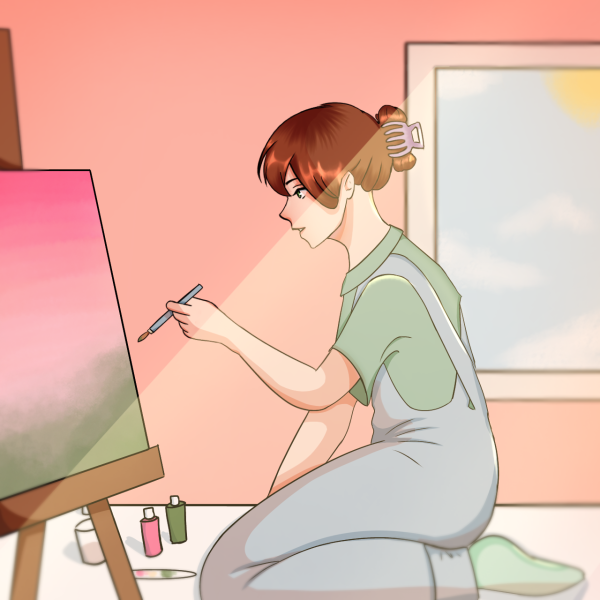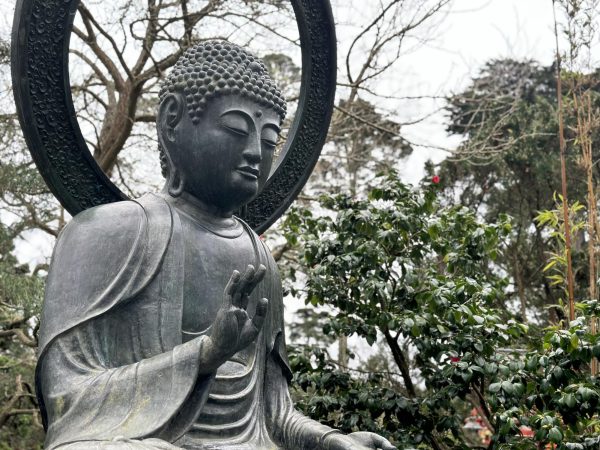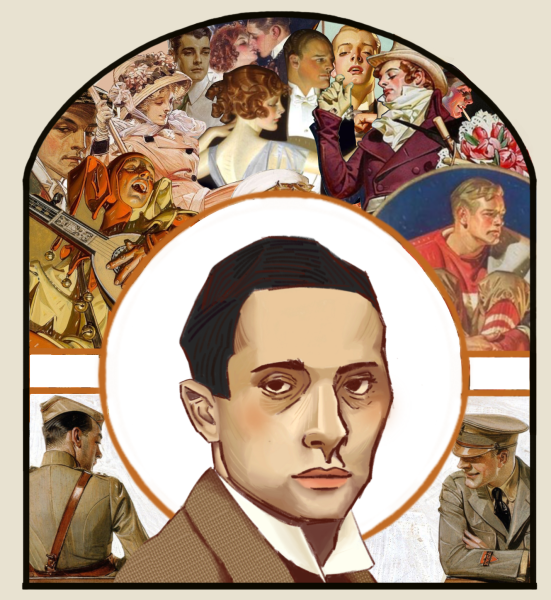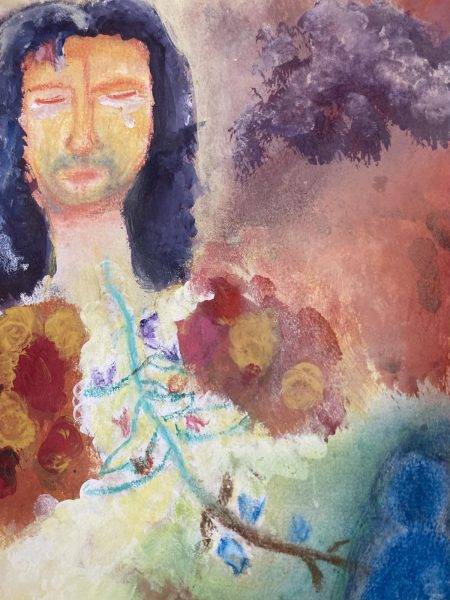Why a Renaissance Man would Write
Someone once asked me why a Renaissance man would write. Why, when his time has been taken up by various curiosities in the arts and sciences? In line with the last of his priorities, it would be months until he picks up a pen to write for the sake of writing. Why would a man whose indecision led him to a life of many trades attempt a fine craft which others spend lifetimes perfecting? A Renaissance man should seek discovery, and although seemingly well rounded, leave writing for the writers.
Why should he write? Does he seek immortality in the form of ink on parchment? In his discoveries and creations can he find perpetuity. Is he in search of another outlet? An even greater creation? No. It is to anchor himself, in some way, as his desperate, clawing attempts at new interests fill his shallow heart with contempt. Perhaps, if he learned to translate his unorganized and sporadic thoughts into words, he could recognize the person he is under his multifaceted prestige, with even greater self awareness than Freud. Such a piece could not be categorized, or even considered for an award, gambling its loss. How dare it be judged: how could something so reminiscent of a soul lose? Are my attempts at writing efficacious when other Renaissance men have surely documented their own experiences? Why hear from another when Aristotle, da Vinci and Copernicus have already endeavored something many devote their lives to?
I’ve come to understand that writing is not just mindlessly writing words on a document. It’s another discovery, not about science, but something I must search for within myself. Intertwined with my heartstrings and decorating my veins, I’ll find words impatiently waiting to be released. To find them would give life to the artist, the scientist and the philosopher behind what we know as the Renaissance man. To find and expose these words would be like rain finally arriving amidst a drought, bringing a breath of fresh air and new opportunities to all it’s touched by. Leonardo da Vinci once claimed that “the noblest pleasure is the joy of understanding.” I believe him, for the Renaissance man has an extensive amount of knowledge about the world around him, but must also ruminate himself, reflecting upon who he is, not as a Renaissance man, but simply, a man.
Your donation will support the student journalists of Hart High School - CA. Your contribution will allow us to cover our the cost of our website and print editions.











